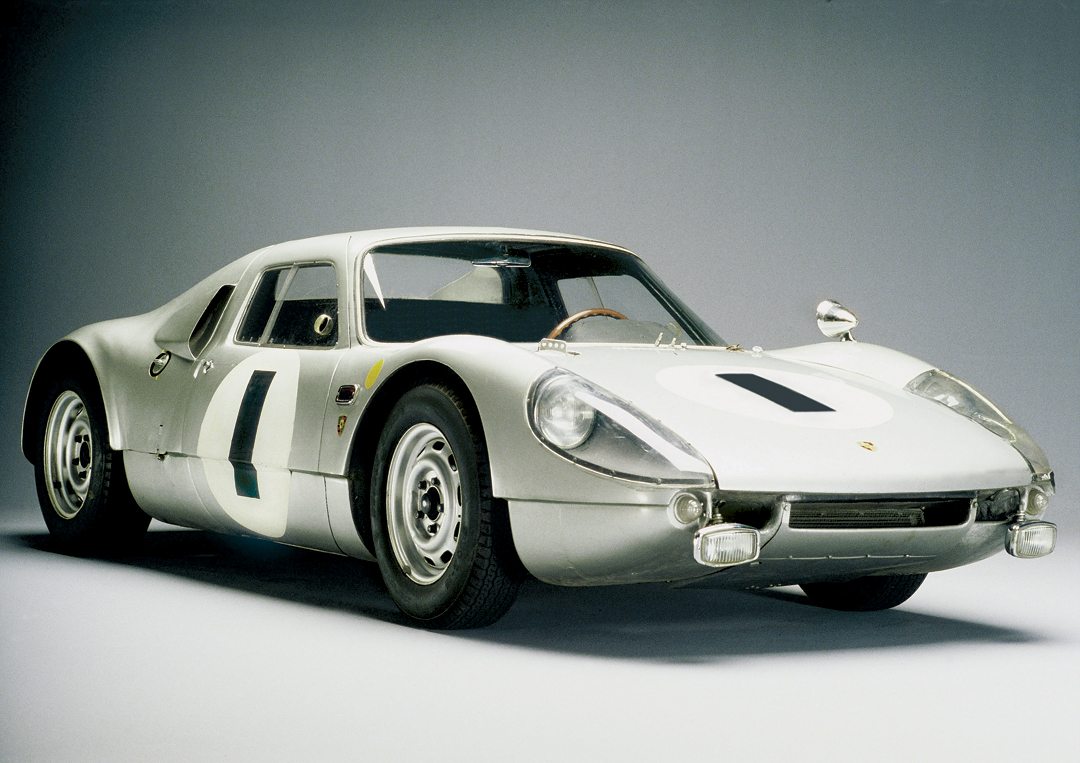The under-2-liter Grand Touring (GT) cars have always had a place to compete within the ever-changing regulations of international motorsports; the World Sports Car Championship from 1953–1961, the Speedworld Challenge from 1962–1963, the International Championship of Makes from 1964–1971 and the World Championship of Makes from 1972–1981. This included racing in the great endurance races such as the Le Mans 24 Hours, Nürburgring, Spa and Monza 1000Km and the Targa Florio. Not to mention national races throughout Europe and SCCA races throughout the U.S. Alfa Romeo, Lotus, Porsche, and Triumph all designed lightweight, successful competition cars. Abarth, an Italian specialty tuner, modified small-bore GT cars from Fiat and Simca, all with great success. These under-2-liter GT cars filled up the racing grids on both sides of the Atlantic and provided some exciting automobile racing.
Today, under-2-liter GT cars qualify to race in many great historic events worldwide, from the Monterey Historics to the Tour (de France) Auto because they are dual-purpose race and street cars. Due to their technology, great designs, eligibility and low production numbers, legitimate GT competition cars have been steadily increasing in value.
No Subscription? You’re missing out
Get immediate ad-free access to all our premium content.
Get Started



